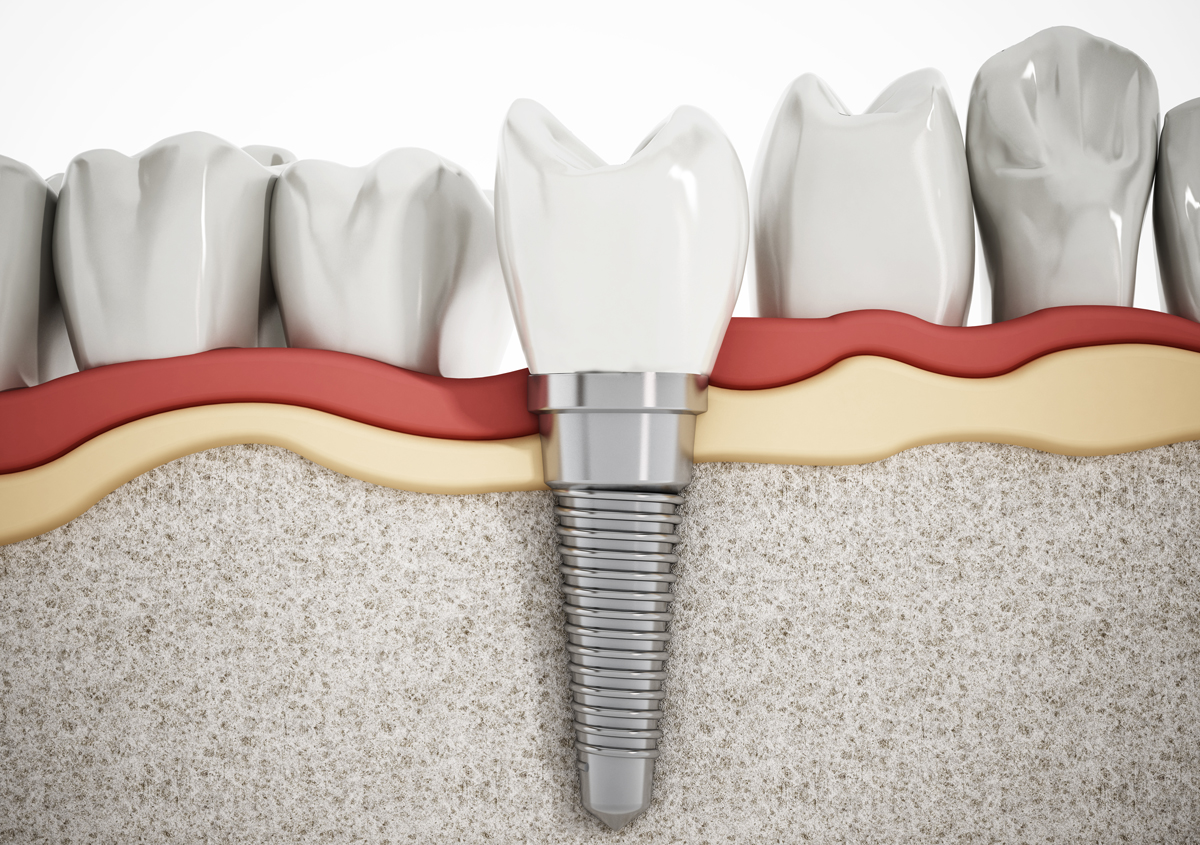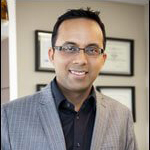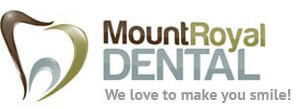
What You Should Know About Your Dental Implant Procedure Before the Big Day

It can come as a bit of a surprise to dental patients when they hear how straightforward a dental implant procedure is. While it is surgical in nature, advancements in dental technology and techniques have made this procedure a relatively minor one that leaves the patient in less discomfort afterward than you may think. That does not mean that there are no aspects of this procedure you should know about or take seriously. Caring for your mouth afterward is especially important as the implant site heals. When you seek a dental implant in the Burlington, Ontario area, you should reach out to Dr. Sam Gupta at Mount Royal Dental.
Dr. Gupta offers a patient-oriented, gentle approach to dentistry, including dental implants, which have become a celebrated solution among patients looking to replace missing teeth. Here are some things you should know about dental implants concerning both pre and post-treatment.
What You Should Know Before Receiving Your Dental Implants
When you decide that a dental implant (or implants) is going to be the option you pursue for replacing a missing tooth, there are several questions you may have for your dentist, including:
- Will you need time off work?
- Does somebody need to be available to take you home after the procedure?
- Will there be pain after, and will you need pain relief?
Let us tackle each of these questions below.
First, while you would not need to take an extended leave from your workplace following your implant procedure, taking a day or two off immediately may be a worthwhile precaution. This will allow you to rest and work through any discomfort you may be experiencing following the procedure. It may also be prudent to avoid scheduling any social commitments for a few days following the procedure.
Next, you will want to ask somebody to be there with you when you get your dental implant so they will be available to drive you home. The dental implant process does include the use of local anesthesia, but sedation is also available if necessary. The stronger the anesthetic used for the procedure, the more necessary a ride home becomes, as it will take you time to come out of your anesthetized state. Even if you only choose local anesthesia, you may be in some discomfort immediately following the procedure, so having a ride home will make the time after the implant placement more manageable for you.
Finally, the need for pain relief is a case-by-case situation. Some patients only need over-the-counter pain medication, while others may request something strong. Still, others may decide not to use any whatsoever. Most dentists will recommend you take over-the-counter pain medication, and if necessary, something stronger could be prescribed if these are not helping with your pain management.
What You Should Know About Recovery
When discussing what to expect following a dental implant procedure, asking questions will always help paint a clear and informed picture. Here are some questions dentists are asked about what to expect:
- Should your mouth bleed after the implants are placed?
- What can you do to encourage healing?
- Is swelling a normal reaction?
- Can you eat and drink after the procedure?
While these are not all the questions you could ask, these are very common questions, so let us look at some of the answers.
First, minor bleeding after the procedure is normal for a few hours. You may be asked to gently bite down on clean gauze and then gently remove and replace it every 30 minutes until the bleeding subsides. If bleeding continues, you can also try biting gently down on a moistened teabag. This is a useful trick due to the tannic acid in the tea, which helps with blood clotting.
Your dentist will tell you things you should and should not do so that healing can progress adequately. First, you should avoid rinsing your mouth or touching the incision site with your fingers or tongue for at least 24 hours. Once a blood clot forms, touching the area could cause it to become dislodged and bleeding to continue. Also, avoid spitting or sucking (such as with a straw). This can also dislodge the blood clot.
Swelling and bruising are typical reactions, with swelling being a delayed reaction you may see the day following your procedure. It can be reduced with a cold compress to the outside of your face. This will work for 24 hours (20 minutes on followed by 10 off), after which switching to moist heat can be beneficial for minimizing the swelling.
Finally, when it comes to eating and drinking, cold beverages are okay on the day of surgery. You probably should stick with water. Avoid hot beverages and alcohol. Avoid spicy foods. Eating can be challenging for a few days following the procedure, and it is best to avoid foods with seeds as they can get lodged into the incision site. After
7 to 10 days, most patients have returned to entirely regular eating habits.
To learn more about dental implants, please schedule a visit with Dr. Sam Gupta by calling (905) 581-9912 today.
Share this Article

He is ably assisted by Dr. Liliana Otrocol, Dr. Swati Khanna, Dr. Hina Sohail, Dr. Abhishek Apratim, Dr. Shakti Singh, Dr. Robert Barron, Dr. Amy Yeung, and Dr. Elizabeth Geisler. Together, they provide top dental services to the people of the area.
